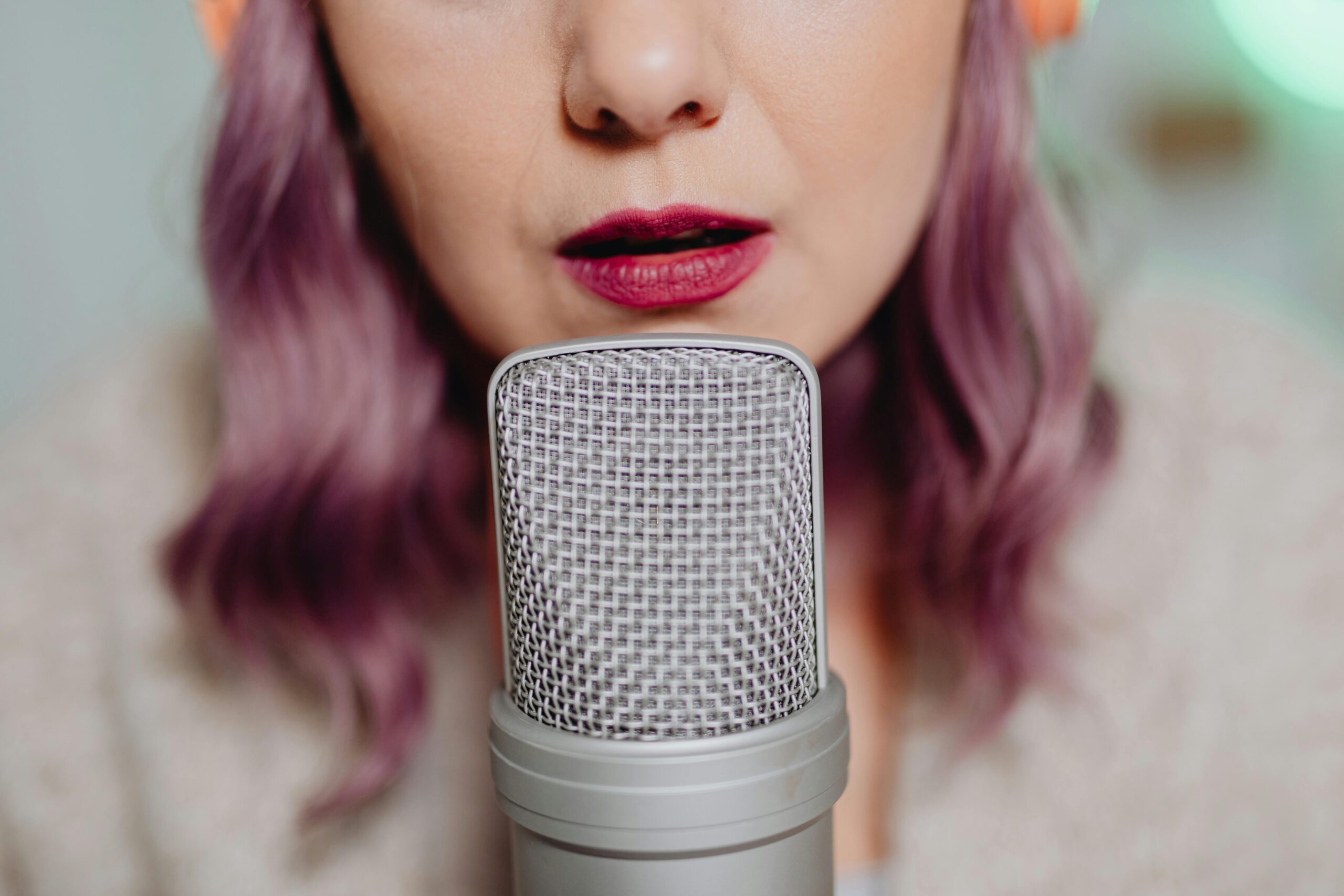
By Paige Sheffield
Let’s start with a fairly popular opinion: we need to see a larger number of strong women portrayed in the media.
We’ve made a lot of progress in terms of this, with an increasing number of women playing powerful heroes and villains in movies over the years, and challenging people’s preconceived notions of what women can do.
However, there’s some disagreement about what exactly these strong women should look like. When the ‘Wonder Woman’ movie came out in 2017, some people applauded it for showcasing a strong female hero. Others, however, criticized the film for relying too much on feminine stereotypes. Similar arguments could be made about Maleficent in the latest Maleficent movie, ‘Maleficent: Mistress of Evil’.
Maleficent is fierce. She’s intimidating. She can be downright frightening. At times, she’s very cold. But we also see a warmer side of her — a side of her that cares deeply for Aurora, who is basically a daughter to her. I’m tired of the stereotype that all women are innately more compassionate and loving than men are. I roll my eyes when people suggest that all women have a sense of motherly love for their children that men could never achieve. However, I think Maleficent’s motherly love is a good thing. Maleficent is feminine, but she’s not a feminine stereotype. She is a deep, multi-faceted character, not entirely bad and not entirely good.
When Maleficent embraces stereotypically feminine characteristics, it challenges the perception that femininity is synonymous with weakness. In the past, we’ve seen feminine characters who need to be saved, showing us that femininity is inherently weak. When movies have challenged this a bit, usually a feminine character is feminine but also strong — the two are unrelated or loosely related. But Maleficent isn’t strong in spite of her feminine characteristics — her motherly love gives her more power, and that’s important.
In various realms, women’s empowerment advice pushes women to be more aggressive and adopt other characteristics that we associate with men or masculinity. When a woman wants to advance in her career, for example, she is often given advice that suggests management is something inherently masculine, and in order to achieve it, she should strive to be more like a stereotypical man. It’s fine if women have these “masculine” traits, but the idea that women need to essentially “man up” in order to succeed places the burden on women and is counterproductive.
The same is true for heroes and villains. Some woman heroes in movies have more stereotypically masculine traits. This is fine; after all, masculinity and femininity are constructs and of course, people deviate from them. Media should show us more of that. At the same time, if all woman heroes are shown with stereotypically masculine traits, what have we achieved? Sure, not all women are bound to feminine stereotypes, and that’s progress. But the message people receive is still that strength and masculinity go hand and hand.
What I want to see is diversity — women from all sorts of backgrounds being powerful, and feeling all sorts of emotions, whether it’s rage, arrogance, compassion or love for their families. We deserve more than the lazy feminine stereotypes — but we deserve more than lazy masculine stereotypes placed on a woman instead of a man, too. This also applies to men. I’m waiting for more male heroes with some elements of “feminine” power.
With language like “man up” and “don’t be a p*ssy” still existing (it doesn’t need to), I think it’s important for people to see women being strong — not just be being more like stereotypical men, but in a variety of ways. Our media doesn’t just need strong women — it needs diverse, strong people, who show us that traditional masculinity isn’t the only thing from which people can derive their strength.
When I watched Maleficent, I cried. Over the years, I’ve seen people treat women as weak or inferior again and again. I’ve also seen people treat boys and men terribly because they acted too “feminine,” and to them, femininity means weakness. But Maleficent doesn’t need to conceal her “feminine” characteristics — they give her the strength she needs to make a difference.


Paige Sheffield is a writer and teacher. When she’s not traveling, exploring art exhibits or reading, she’s probably writing about gender issues and women’s empowerment on her blog: whywoman.net
















